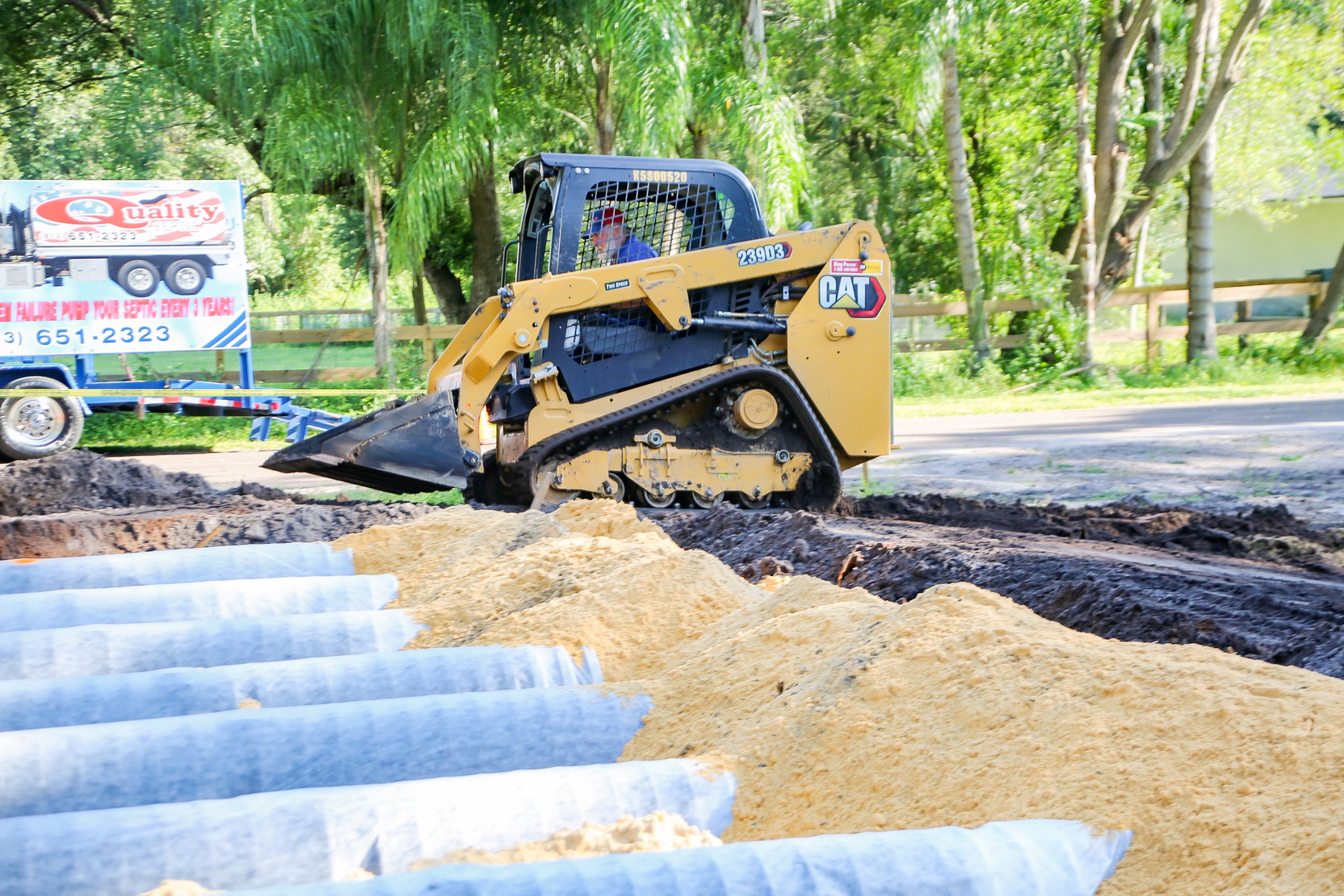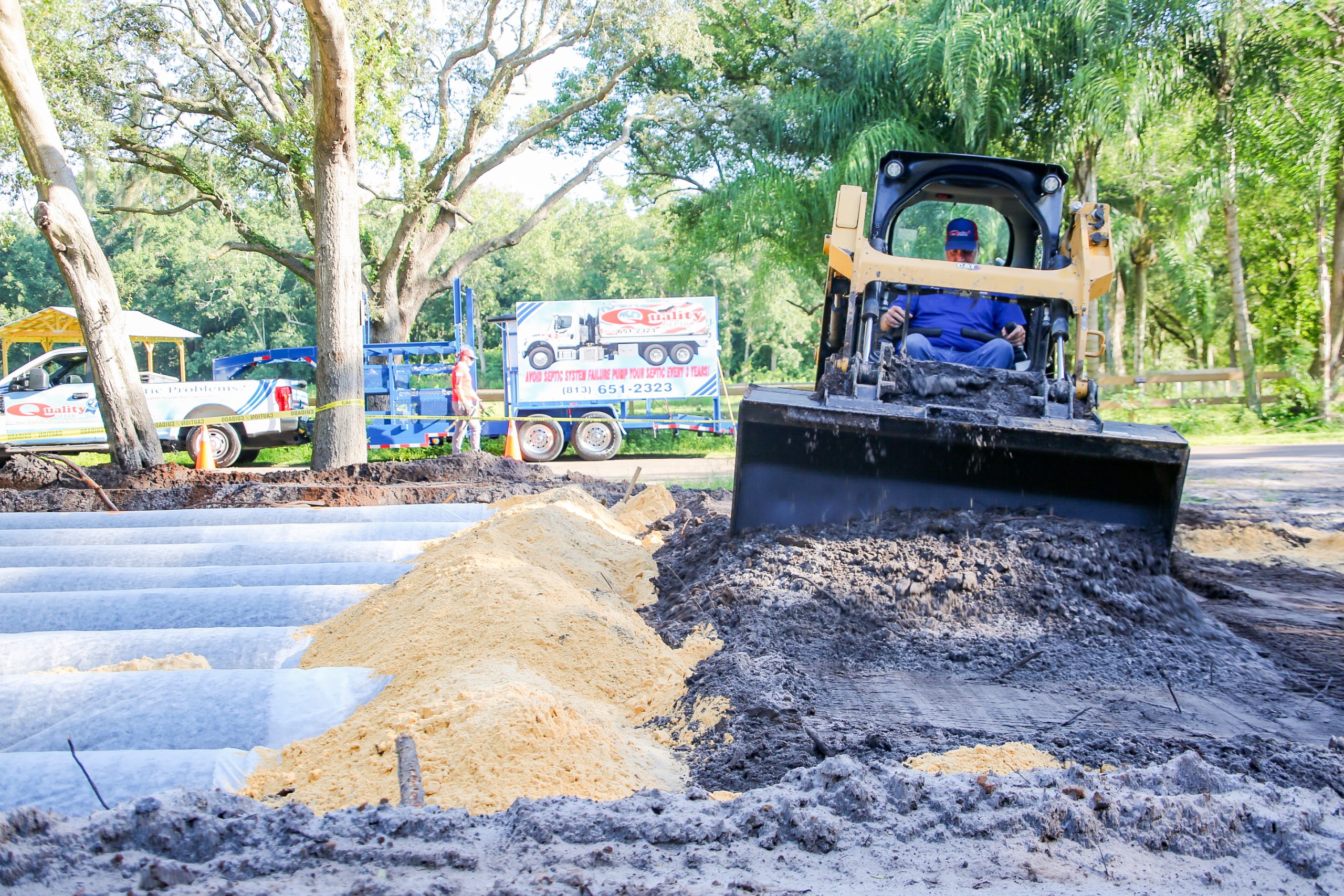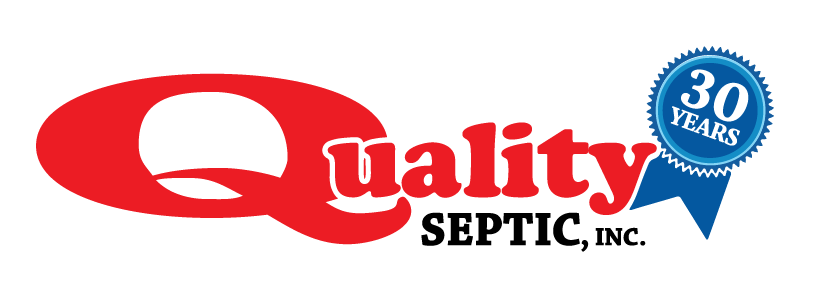[one_half_last]A septic system is a vital part of any building that is not connected to a municipal sewage system. It’s responsible for treating and disposing of your wastewater from sinks, toilets, and other sources. One of the key components is the leach field, also known as a drain field, which consists of leach lines. This is where treated wastewater is dispersed into the ground. It’s important that you make sure that your leach lines are working properly, as a malfunctioning drain field can lead to serious health and environmental hazards.

What’s a Leach Field?
A leach field is a shallow trench or bed, normally filled with gravel and sand. It’s connected to the septic tank via perforated pipes, which allow the treated wastewater to flow out correctly. The soil and bacteria in the surrounding areas work to purify the water before it’s released into the natural underground layer of the earth, which is called groundwater. Having the septic water treated before entering this region ensures the ground around your house stays healthy; and plants, wild animals, and pets, as well as you and your family don’t get sick from being around it.
Indicators of a Malfunctioning Leach Field
There are several signs you can look out for that may indicate non-functioning leach lines. One of the most obvious is the presence of standing water, or an overly wet area above the leach field, which is likely to be somewhere below your backyard. This could be a warning that the wastewater is not being properly dispersed into the ground. Another issue you might run into is the smelling of foul odors, which can indicate that your wastewater is not being properly treated.
A malfunctioning leach field may also cause slow draining sinks and toilets in your house. If you experience this, your wastewater might not be flowing through the leach field as it should. If the leach field is not working properly, you may notice that your septic tank needs to be pumped more frequently.

Preventing Leach Field Failure
There are several steps that you can take to prevent leach field failure. Ensure that only water and waste from sinks, toilets, and other fixtures enter the septic system. Items such as grease, oil, and chemicals can clog the leach lines and prevent the wastewater from flowing through appropriately.
It’s also important to have your septic system inspected and pumped on a regular basis. Septic pumping helps remove excess sludge and scum from the tank, which can help prevent clogs in the leach lines. Additionally, regular inspections can help to identify potential problems before they become serious. Make sure this is done by licensed professionals.
When to Replace a Leach Field
If your leach field is not working properly, it may need to be replaced. This is a major undertaking and should only be done by a licensed professional. It’s important to note that a leach field replacement is not always necessary. If the problem is caused by a clog or blockage, it may be possible to clear it without having to replace the entire leach field. However, if the leach field is severely damaged or has reached the end of its life, replacement may be the only option. Quality Septic Inc. can make sure your septic system is inspected by professionals to receive the best diagnosis.
Call Your Florida Septic Experts Today!
Since 1994, Quality Septic has provided fast, friendly, reliable, and affordable septic system inspections, repairs, and maintenance in Hillsborough County. Arrange an appointment or get your questions answered by calling us at (813) 576-2546 or get in touch with us through our online contact form.

